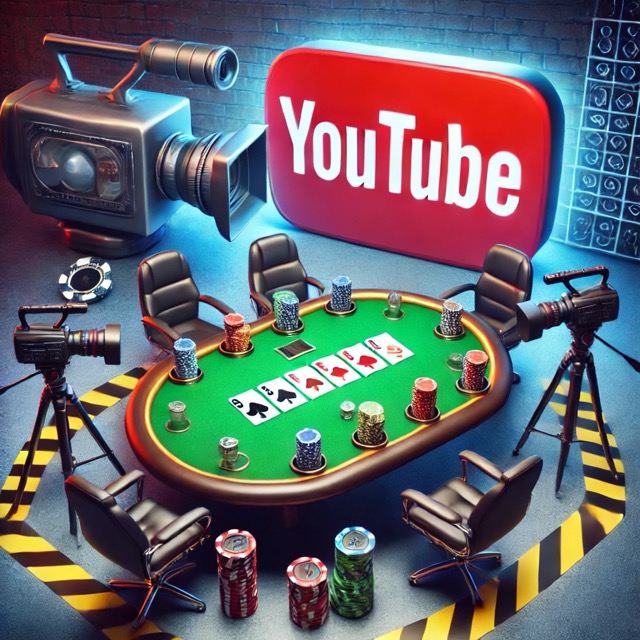
Live poker streamers are facing a new kind of challenge as platforms like YouTube begin cracking down on channels featuring gambling-related content and sponsorships. The recent suspension of Hustler Casino Live (HCL), one of the most popular live cash game shows, has sent shockwaves through the poker streaming community. The week-long suspension may seem like a minor setback, but it highlights a growing issue for content creators who rely on platforms like YouTube to reach their audience.
The crux of the problem lies in YouTube’s evolving policies regarding gambling content and the advertisers associated with it. HCL’s suspension appears to be related to issues with advertisers that YouTube deems problematic, but the real concern for streamers is the potential for further repercussions. With hundreds of past videos already uploaded, there is a fear that YouTube’s algorithm could flag older content, leading to more extensive bans or even the removal of entire channels.
In response, HCL has temporarily moved its streams to Twitch, but the audience response has been tepid. Twitch, while a popular platform for live streaming, does not offer the same reach or monetization opportunities as YouTube. For poker streamers who rely on viewer engagement and sponsorship deals to support their content, the shift to Twitch presents a significant challenge.
The broader implications of YouTube’s crackdown on gambling content are concerning for the entire poker streaming industry. Poker vlogging and live-streamed cash games have become a major part of the poker ecosystem in recent years, attracting thousands of viewers and helping to grow the game’s popularity. If YouTube continues to tighten its policies around gambling-related content, many streamers may find themselves scrambling to find alternative platforms or revenue streams.
While Twitch offers an immediate solution, it lacks the growth potential and algorithm-driven discoverability that YouTube provides. Smaller content creators, in particular, may struggle to build an audience on Twitch, where established streamers dominate the platform. The move away from YouTube could also affect the business model of poker streamers, many of whom rely on sponsorship deals with online poker sites and casinos to generate income.
The future of live poker streaming remains uncertain as platforms like YouTube continue to evolve their policies. Streamers will need to adapt quickly, whether by diversifying their content or seeking out new platforms to reach their audience. For now, the industry is left to navigate the murky waters of platform regulations and the ever-changing digital landscape.









